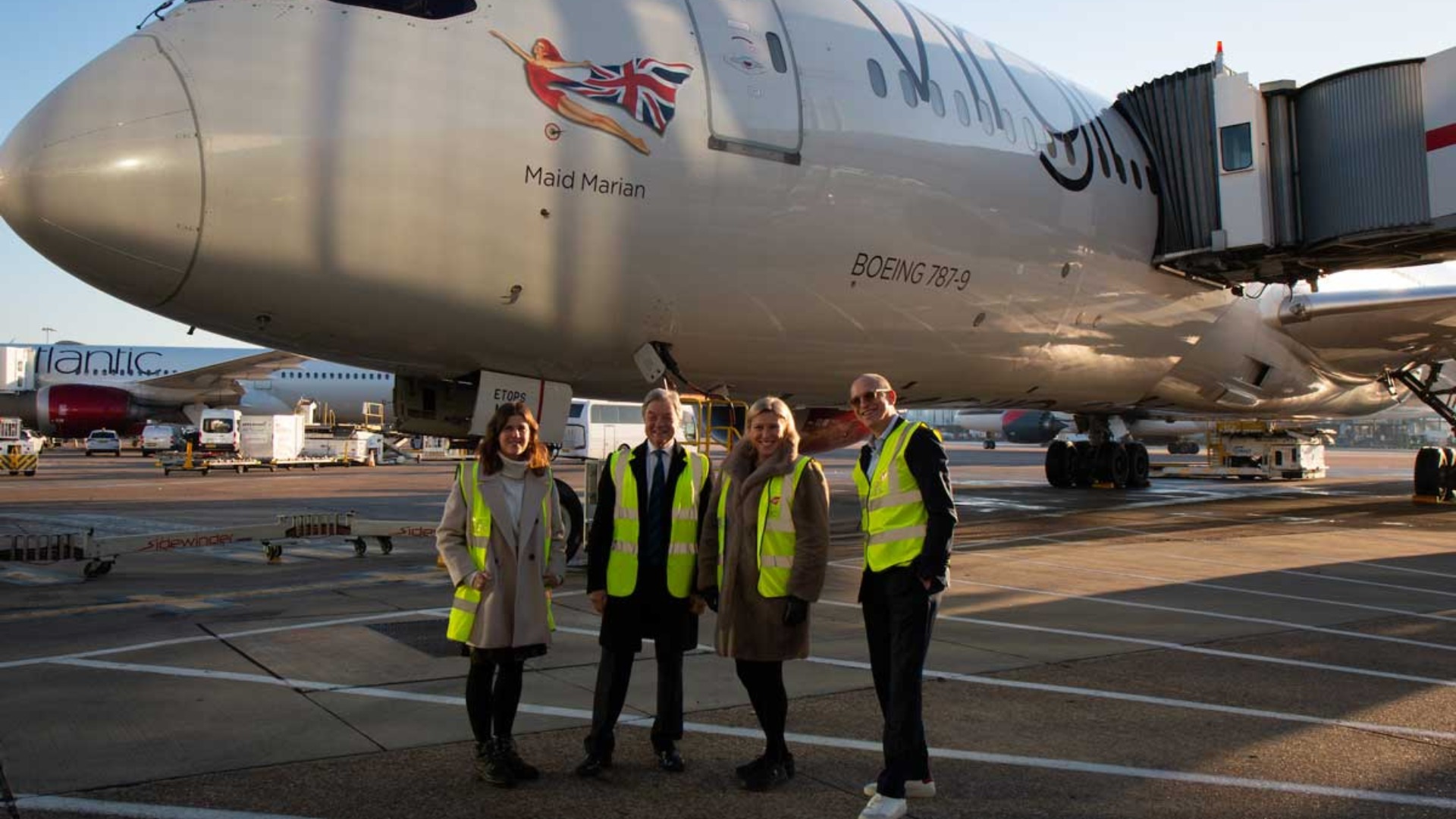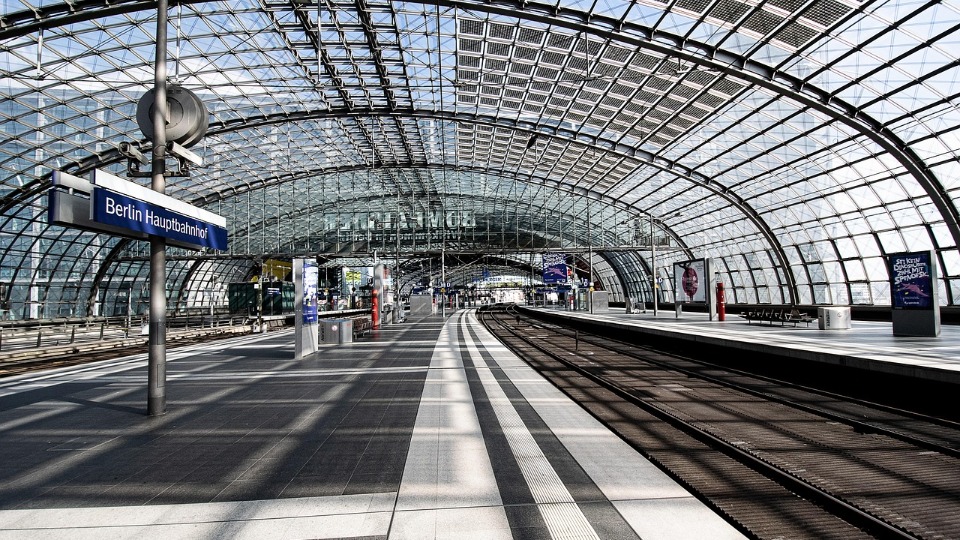
The First SAF-Powered Transatlantic Flight Has Been Confirmed By Virgin Atlantic

Using a Boeing 787 powered only by SAF, the airline would fly from London Heathrow to New York's JFK airport. The initiative was first made public in December.
As for now, the airline recently announced that the first flight is scheduled to take off on November 28, 2023, after the SAF mix was successfully ground tested using a Rolls-Royce Trent 1000 engine and after additional testing and regulatory permissions are completed.
To conduct the "pioneering" test flight, Virgin has partnered with key industry players, while being awarded with £1 million for the challenge. At the same time, Air BP and Virent will provide the 60 tons of SAF needed to power the trip.
The UK long-haul airline stated in a recent press release that the November trip would be "historic" and will show how SAF can be a 100% drop-in alternative for conventional fuel.
Even though SAF is the most easily accessible approach for our business to decarbonize, more cooperation is required to generate SAF at scale, as stated by Virgin Atlantic's CEO, Shai Weiss.
“We need UK government support to create a UK SAF industry to allow for every single flight out of the UK to operate with 100 per cent SAF – if we make it, we can fly it,” Weiss added, as the CEO had previously expressed concern that the United Kingdom risks 'falling behind' on SAF manufacturing, and he had urged the authorities to offer "clarity of law" to attract capital to SAF factories located in the UK.
The flight is expected to showcase the upside potential of SAF — generating employment and helping to expand the country's economy.
SAF is a biofuel that may be used to power air planes, and it has the same performance characteristics as regular jet fuel while leaving a significantly smaller environmental impact.
When considering the projected future SAF production and mandated usage, as well as the percentage reductions in CO2e emissions from the various SAF pathways, it becomes clear that Sustainable Aviation Fuel can have a significant impact on the total emissions from the European aviation sector and help achieve the goals of the 2030 Climate Target Plan.
The cost range for synthetic SAF is presently the widest, depending on the expense of producing hydrogen and where the carbon comes from. While short-term prices may be higher than bioSAF, they are expected to decrease over time as the world's green energy supply expands.
Source: breakingtravelnewseurope.com








